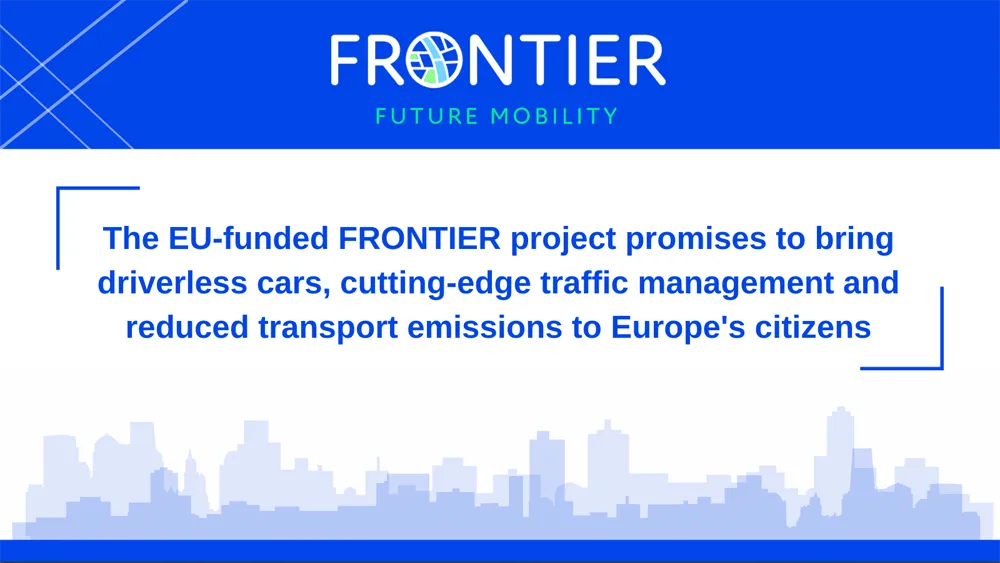
A new vision of transport is emerging in Europe. A greater choice of transport options, self-driving cars, shared car rides, more eco-friendly vehicles, combined transport options (multimodality), and a much more integrated transport model overall promises to make the continent a global leader in the field. In a world where the population is growing and increased transport can negatively affect climate change, traffic management will play a very crucial role in overcoming transport related risks and challenges. Against this backdrop, the EU-funded FRONTIER project, which was launched on 1st May 2021, brings together 19 high-profile partners from all over Europe. These are Belgium, Cyprus, Greece, Luxembourg, Spain, Sweden, Switzerland and the UK, which plan to empower a seamless transition to a new era in transport management.
This consortium boasts a multidisciplinary team of academics, traffic and transport operators, local authorities, traffic management companies, intelligent transport systems and autonomous vehicle solutions. More specifically, the team includes partners from several universities and research institutes, as well as companies, organisations and authorities in transport, infrastructure and information technologies. Different cutting-edge systems and solutions are being leveraged to create the ultimate integrated transport management system that will favour driverless automation and seamless transfer among different modes of transport. Some of the more impressive technologies include wireless traffic sensing, artificial intelligence, big data predictive analytics, connected and autonomous vehicles, intelligent traffic management, mobile apps for passengers and transport operators, and multimodal transport modelling.
Seamless and sustainable mobility is also being furthered with the integration into the project of the International Road Federation, the Swiss not-for-profit organisation tasked with developing a "Smart Road Infrastructure Classification Index". The latter will lay the groundwork for enabling different transport systems to communicate with each other more effectively and push transport interconnectivity to new heights. Once all these elements are in place and the project technologies have been successfully developed and applied behind closed doors, they will move to the real-world arena based on three pilot projects in Antwerp (Belgium), Athens (Greece) and Oxfordshire (UK). ■
• Learn more on: www.irfnet.ch or contact Gonzalo Alcaraz at [email protected]






